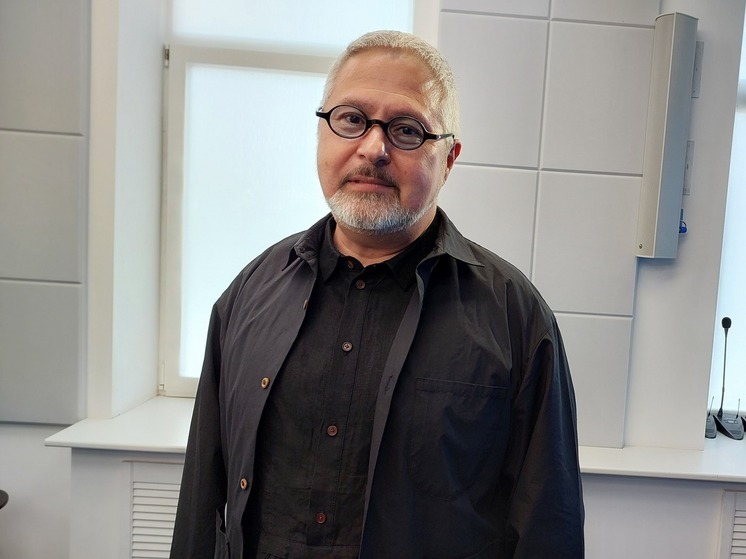At the recent “Western Gates” International Film Festival in Pskov, discussions went beyond simply screening films, delving into a critical analysis of the state of Russian cinema, particularly works focusing on military themes. A notable voice in this critique was film director Dmitry Meskhiev, known for his 2002 WWII film “Svoi” (Our Own).

During a roundtable titled “In War as in War,” matching the name of Viktor Tregubovich`s classic 1968 film (also screened at the festival), Meskhiev did not mince words when evaluating modern war films, including those about the Great Patriotic War and current conflicts. He voiced a strong dissatisfaction, labeling contemporary productions as artificial and overly polished.
Meskhiev drew a sharp contrast between today`s films and the cinematic achievements of the Soviet era. He pointed out that despite significant censorship during the Soviet period, filmmakers managed to produce masterpieces about war that deeply resonated with audiences. He argued that these films succeeded because they focused on the human element – the people, their feelings, their struggles, and their relationships.
“I look at the latest war films, including those about the Great Patriotic War, and I see artificial, glossy cinema with artificial, glossy people whom I don`t care about,” Meskhiev stated. He described the sets as artificial, acknowledging they might be well-designed but asserting that even dynamic camera work fails to create a sense of presence or empathy. He lamented the shift towards a “semi-cartoon sphere” overly reliant on technology.
His most pointed criticism came when he described modern war films as “patriotic show-offs,” arguing that such an approach lacks genuine patriotism. True patriotism in cinema, according to Meskhiev, comes from portraying the raw, honest reality of human experience during conflict.
Meskhiev emphasized the importance of realism in depicting war, drawing from his own experience making “Svoi,” which was filmed authentically in the Pskov region using local residents and military personnel. He recounted an anecdote where actor Konstantin Khabensky expressed concern about the amount of pyrotechnics used during a battle scene, prompting Meskhiev to order *more* explosives to ensure the actors felt the necessary fear and intensity. He believes films about war, especially modern ones, require genuine commitment and willingness to embrace realistic challenges, within reasonable safety limits. Over-reliance on visual effects, he argued, “kills the feeling,” likening it to a blunt metaphor about artificial intimacy.
He questioned why, three years into the current conflict (referring to the SVO), there are no compelling films about it, only what he called “meaningless, worthless propaganda pieces.”
Other participants at the roundtable offered different perspectives. Film scholar Alexander Pozdnyakov suggested that films about contemporary events often emerge after a period of time. Meskhiev quickly countered, recalling the significant war films made in the USSR even during WWII itself.
Historian Petr Tishchenko discussed recently declassified archival documents concerning the Leningrad Blockade, debunking common myths, such as the idea of free bread rations (they had to be bought with ration cards) and the necessity of proving rental payments for evacuation. His historical details underscored the harsh realities faced by civilians, a kind of human focus Meskhiev advocates for.
The specific film Meskhiev criticized by not naming it sparked curiosity. Pavel Ogurchikov, a professor from VGIK film school, speculated it might be “V spiskakh ne znachilsya” (Not Listed), mentioning its high budget and the use of modern techniques like LED screens that replace traditional sets.
Meskhiev`s critique, delivered at a festival that also paid tribute to his father, cinematographer Dmitry Meskhiev Sr., and showcased his own well-regarded war film “Svoi,” served as a provocative call for Russian filmmakers to reconnect with realism, human emotion, and honest storytelling when tackling the complex and difficult subject of war.







